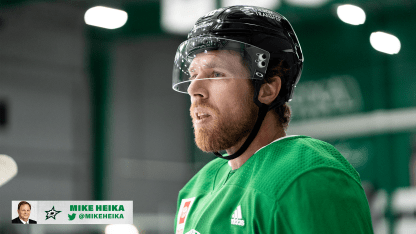Stars address 3-on-3 strategy in preseason practice
Dallas went 4-11 in the 3-on-3 overtime during the 2022-23 season

DeBoer on the skill level at training camp
Dallas went 4-11 in the 3-on-3 overtime during the 2022-23 season

DeBoer on the skill level at training camp